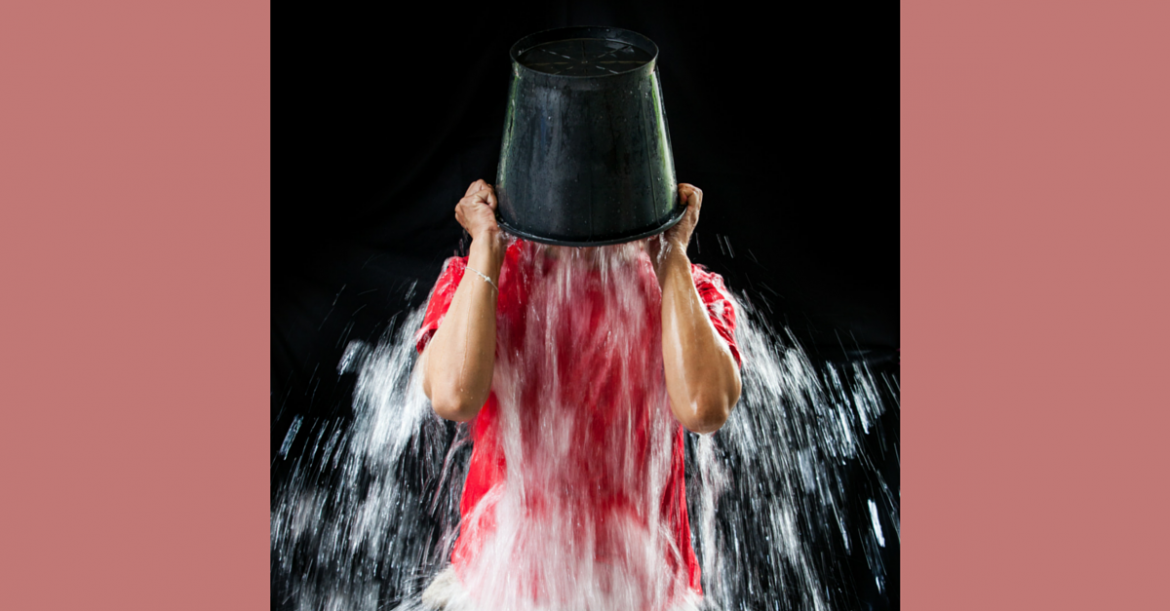Confusion began surfacing on social networks two weeks ago as newsfeeds were flooded with videos of people dumping ice water on their heads. Everyone questioned the purpose of this strange trend, but now it is well known that this viral movement is called the “Ice Bucket Challenge,” designed to raise awareness for Amyotrophic lateral sclerosis (ALS), a terminal motor neuron disease.
ALS is more commonly known as Lou Gehrig’s disease, after the hall-of-fame baseball player for the New York Yankees who was diagnosed with ALS in 1939–2 years before his death. This disease causes the degeneration of motor neurons, nerve cells that carry signals from the spinal cord to the muscles in order to produce movement. As the neurons disappear, the muscles no longer receive signals, weakening the muscles and then atrophying them—paralyzing the body. Patients are confined to external ventilation machines, feeding tubes, and power wheel chairs. While affected individuals struggle to breathe and cannot swallow or move, they do maintain cognitive function.
In 90% to 95% of all ALS cases, the disease appears to be random with the remaining cases being hereditary. Approximately 5,600 people in the U.S. are diagnosed with ALS each year, mostly between the ages of 40 and 70 with some cases among people in their 20s and 30s. There are currently no treatments to prevent or to cure ALS and the majority of people die within 2 to 5 years.
Pete Frates, a 29-year-old and former Boston College baseball star who suffers from ALS, decided it was time to spread awareness about this horrific disease. He began the Ice Bucket Challenge as an attempt to get people talking about ALS and to educate people about the disease that disabled him in the prime of his life with a baby due with his wife in September. The concept is simple–pour a bucket of ice water on your head and nominate someone via social media to do the same within 24 hours. If you do not accept the challenge, you must donate $100 to ALS.
While the challenge is comical and people are enjoying seeing their friends and family participate, the campaign has become extremely successful as people are now talking about ALS on a national scale. In addition to increased knowledge and awareness about the disease, the ALS Association has raised $5.7 million between July 29 and August 13, compared to $1.2 million during the same time last year. So although the Ice Bucket Challenge began as a social media fad, people are now more engaged and donations continue to pour in. The Ice Bucket challenge is the first step in the direction toward effective treatments and hopefully a cure. If you would like to donate to the ALS Association, please click here.
Have you participated in the Ice Bucket Challenge? If so, did you also donate money? Share your comments below!
 Food
Food Farmers
Farmers Sustainable Living
Sustainable Living Living Planet
Living Planet News
News